Medical advances over the years have helped reduce the impact of chemotherapy on the body in several ways. But still there are a few myths regarding chemotherapy and here is the list of those common myths:
There is only one type of chemotherapy, and it can treat any type of cancer.
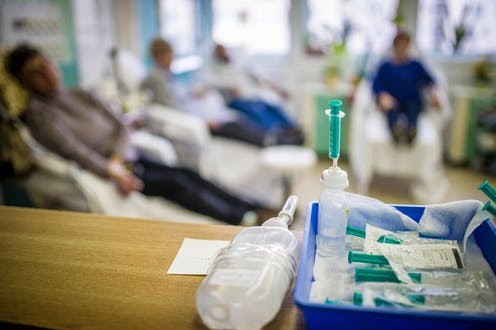
Several drugs target different types of cancer and act in different ways: they destroy cancer cells, reduce tumors and relieve the symptoms of advanced cancer. These drugs can be administered before, after or with other treatments.
Chemotherapy is administered only intravenously.
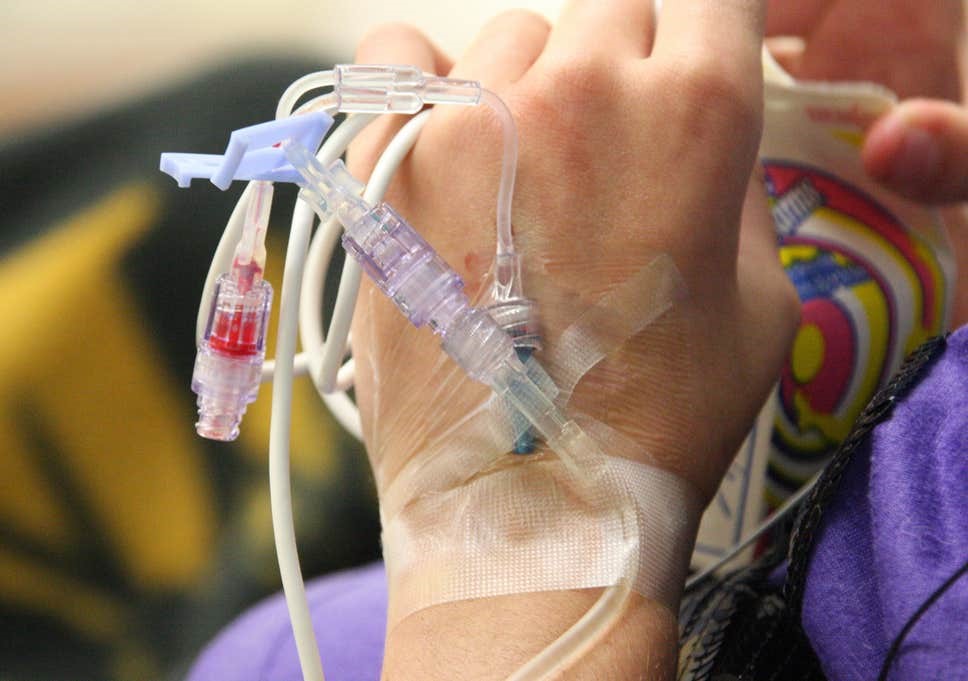
When most people think about chemotherapy, they think the intravenous infusion is part of a prolonged hospital stay. In fact, many chemotherapy drugs are taken by mouth today, and some are topical or injected. If a dose of chemotherapy is given intravenously, the patient is generally treated and discharged
Chemotherapy causes nausea and vomiting.
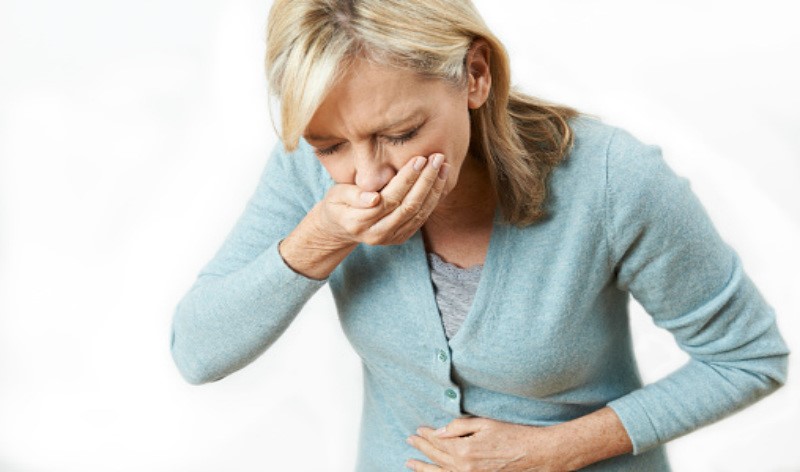
Twenty years ago, chemotherapy was associated with intense nausea and vomiting, and the reputation was deserved. Today, many chemotherapy drugs are designed in part to prevent nausea and vomiting or to reduce their severity.
Chemotherapy can pose a serious risk to life.
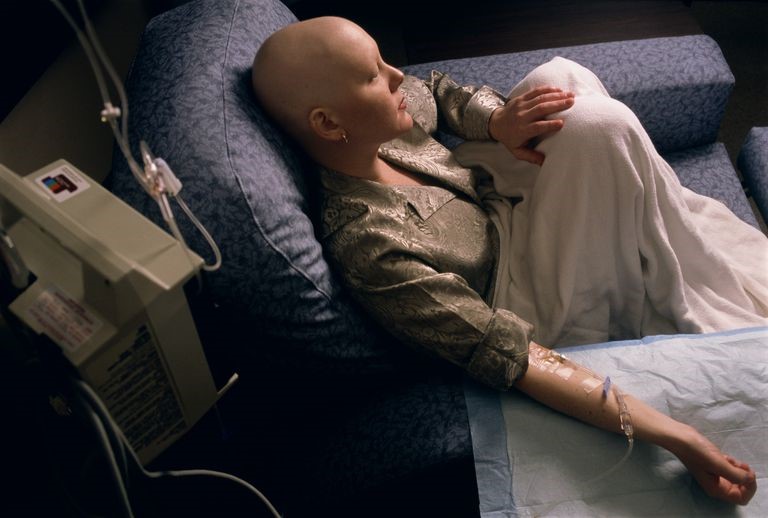
Serious infections no longer occur in patients treated with chemotherapy, mainly because current chemotherapy treatments do not induce immune suppression; causes myelosuppression. This means that instead of suppressing the body’s normal immune response, bone marrow activity is limited, resulting in reduced red blood cells, white blood cells and platelets. And because the immune system is not affected, the body is always equipped to fight infections.
Loosing no hair during chemotherapy, they won’t succeed.
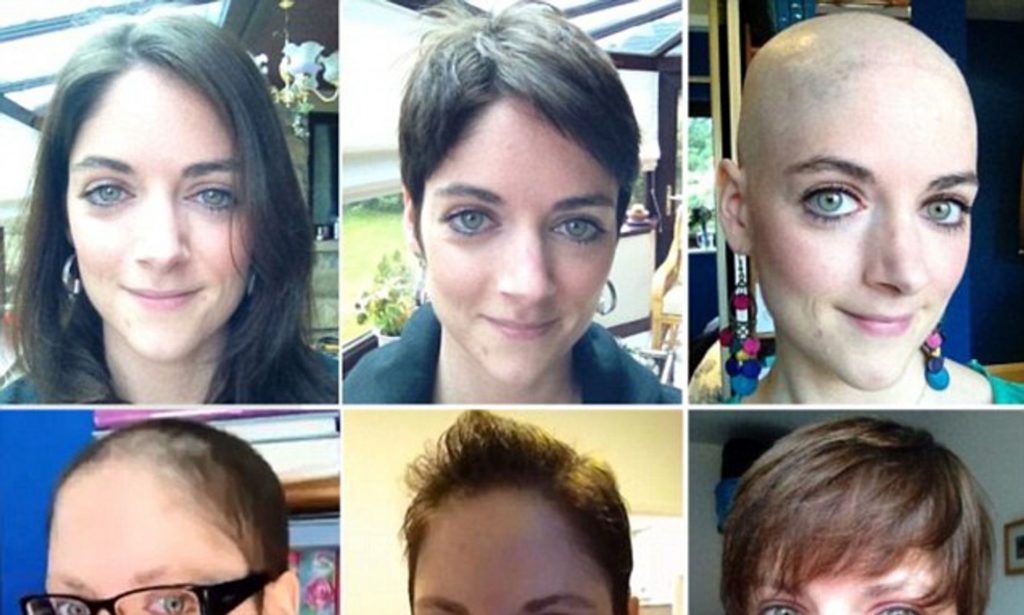
Although hair loss is common during chemotherapy, not all patients will experience it. Some drugs cause hair loss compared to others, and the risk varies from zero to 90% probability. Hair loss due to chemotherapy generally occurs two to three weeks after the first treatment. But hair loss has nothing to do with successful treatment.
You can’t have children after chemotherapy.
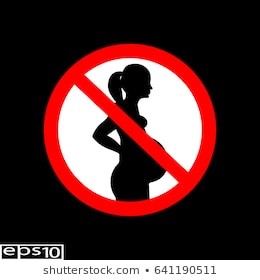
This myth is based on the fact that many women stop having menstrual cycles during chemotherapy treatment. But if the woman is between 20 and 30, or even in her 40s, menstruation is likely to return after the end of treatment. Pregnant patients who have been diagnosed with cancer may be prescribed chemotherapeutic agents that do not affect the child. Therefore, pregnancy should not interfere with chemotherapy. Because chemotherapy has changed a lot over the years and is at the heart of many cancer treatment plans, education is essential.

